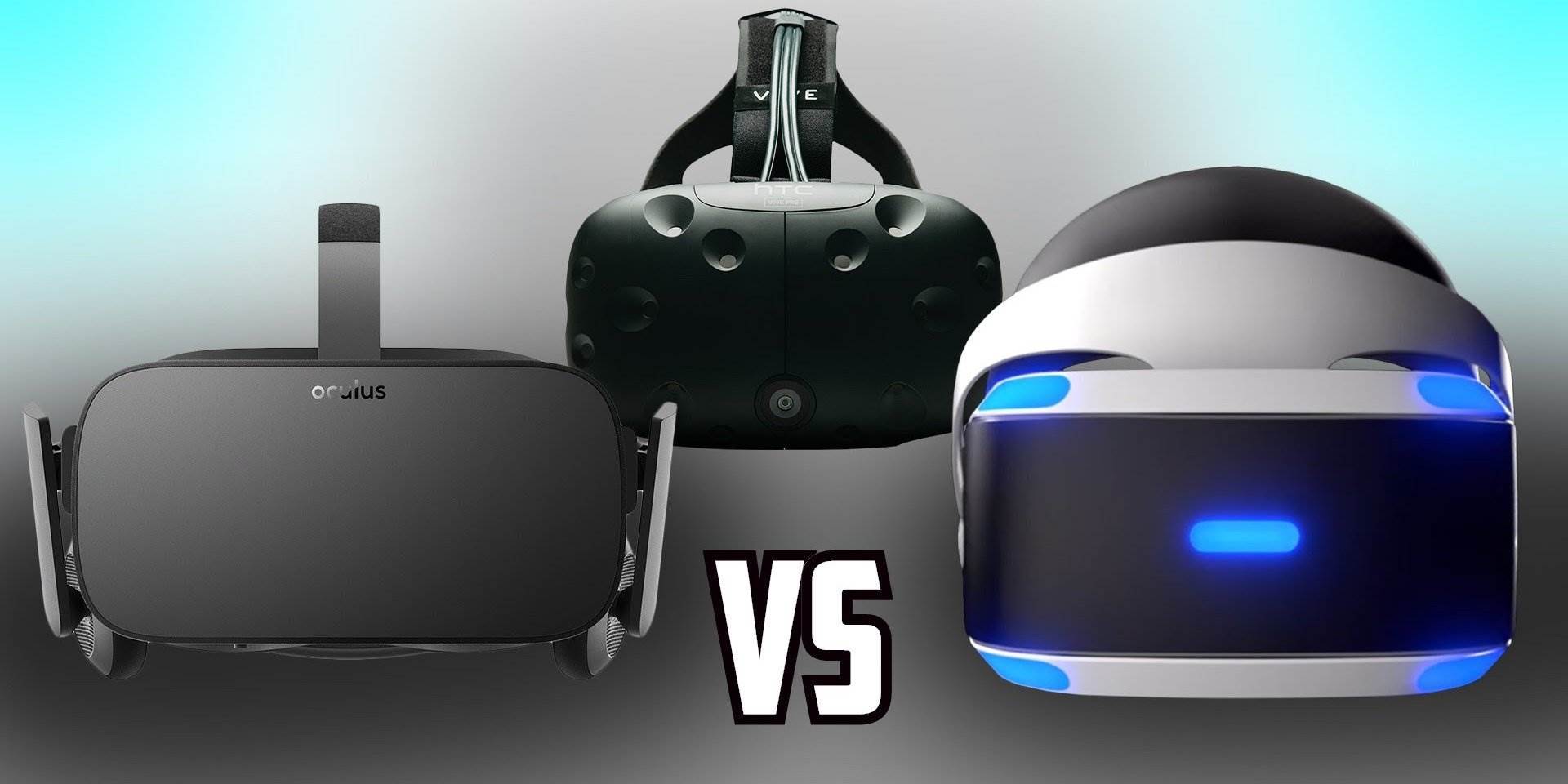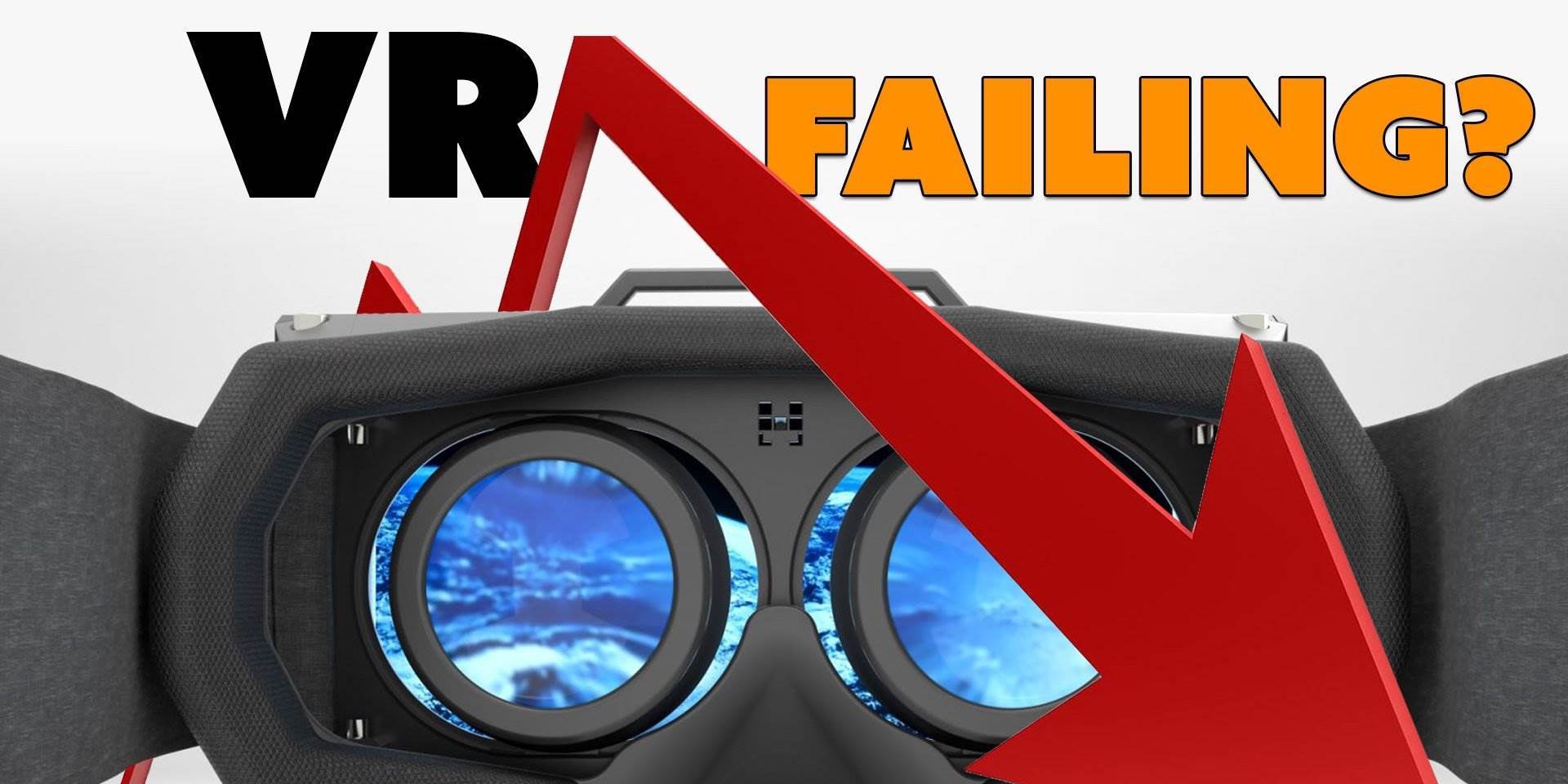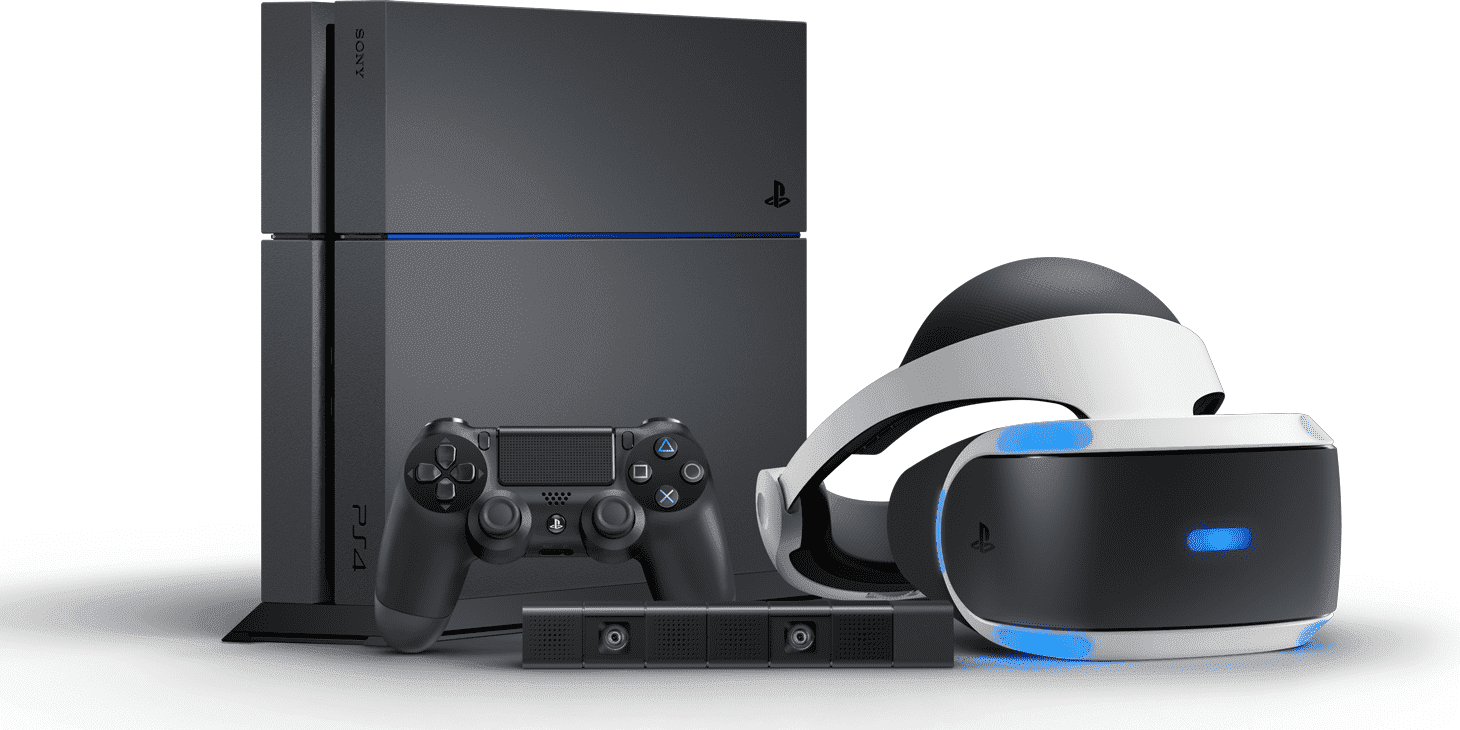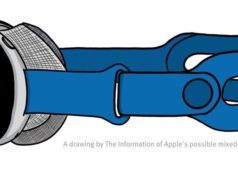Christmas is a matter of weeks away, and everyone is finishing their Christmas Shopping. Unless millions are buying VR headsets, however, it’s going to be a sad day for the VR industry. New data has been published which shows that VR has drastically undersold this year. A variety of reasons is given, from bad marketing to lack of content. Either way, the industry needs to buck up in 2017 if any recovery is expected to be made.
VR’s Christmas Nightmare
Image Courtesy: Huffington Post
SuperData, a games data and market research company, recently published sales of Virtual Reality headsets. The numbers make for grim reading for anyone involved in the industry. SuperData has even gone so far as to call Virtual Reality the ‘Biggest Loser.’ So just how bad is the damage? Well, right now the projected numbers for PSVR stand at 750,000, down from projected 2.3million. DayDream from Google has also been revised down from 450,000 to around 261,000. The only constants in the report have been the original three of Oculus Rift, HTC Vive and Samsung Gear VR. Here the numbers remain 355,000, 450,000 and 2.3million respectively.

Image courtesy: Youtube
So while mobile VR has seen some modest sales, keep in mind that that is for all of 2016. As a contrast, a whopping 228.5million Samsung phones were shipped in the first three-quarters of 2016. For PC-based VR, that means less than a million users have a VR headset in their home. No matter how you look at the numbers, it doesn’t look pretty. Even the PSVR, lauded for its low price point compared to experiences offered have not exactly seen a rush for the product. SuperData’s director of research and insights did mention to GamesIndustry.biz that this might have been part of a deliberate ploy by Sony to not over-invest in VR.
What is to blame?

Image courtesy: The Know
So what can be to blame for this poor showing? SuperData has answers to this as well. The main culprit is, ” a relatively fragmented title line-up and modest marketing effort.” SuperData is then saying that VR as a whole suffered from a very sparse marketing campaign. This makes sense, because compared to the huge fanfare around tentpole releases like Call of Duty: Infinite Warfare and Battlefield 1, there has been little to no big marketing push for any headset. Samsung’s best effort for the Gear was to add it as a promotion to the release of their new phones. Sony made the cardinal sin of admitting that the PSVR looks better on the PS Pro, but then releasing the headset before the new console.

Image courtesy: Sony
There is also the issue of a modest lineup of games. While the steam marketplace for VR is vast, it is mainly smaller indie titles that are little more than expanded demos. The most memorable VR experiences so far have been titles like Job Simulator, which is even developed thanMinecraft was in its Alpha stage. So far, nothing has actually given any suggestion that consumers need to rush out and get a headset. At least there is next year, right?
Source: Shacknews, GamesIndustry.biz






![[Video] Reimagined for Orchestra, ‘Over the Horizon 2026’](https://loginby.com/itnews/wp-content/uploads/2026/02/Video-Reimagined-for-Orchestra-‘Over-the-Horizon-2026’-100x75.jpg)
